‘It was very directive’: Trudeau leaves legacy of deploying federal cash to push provincial policies
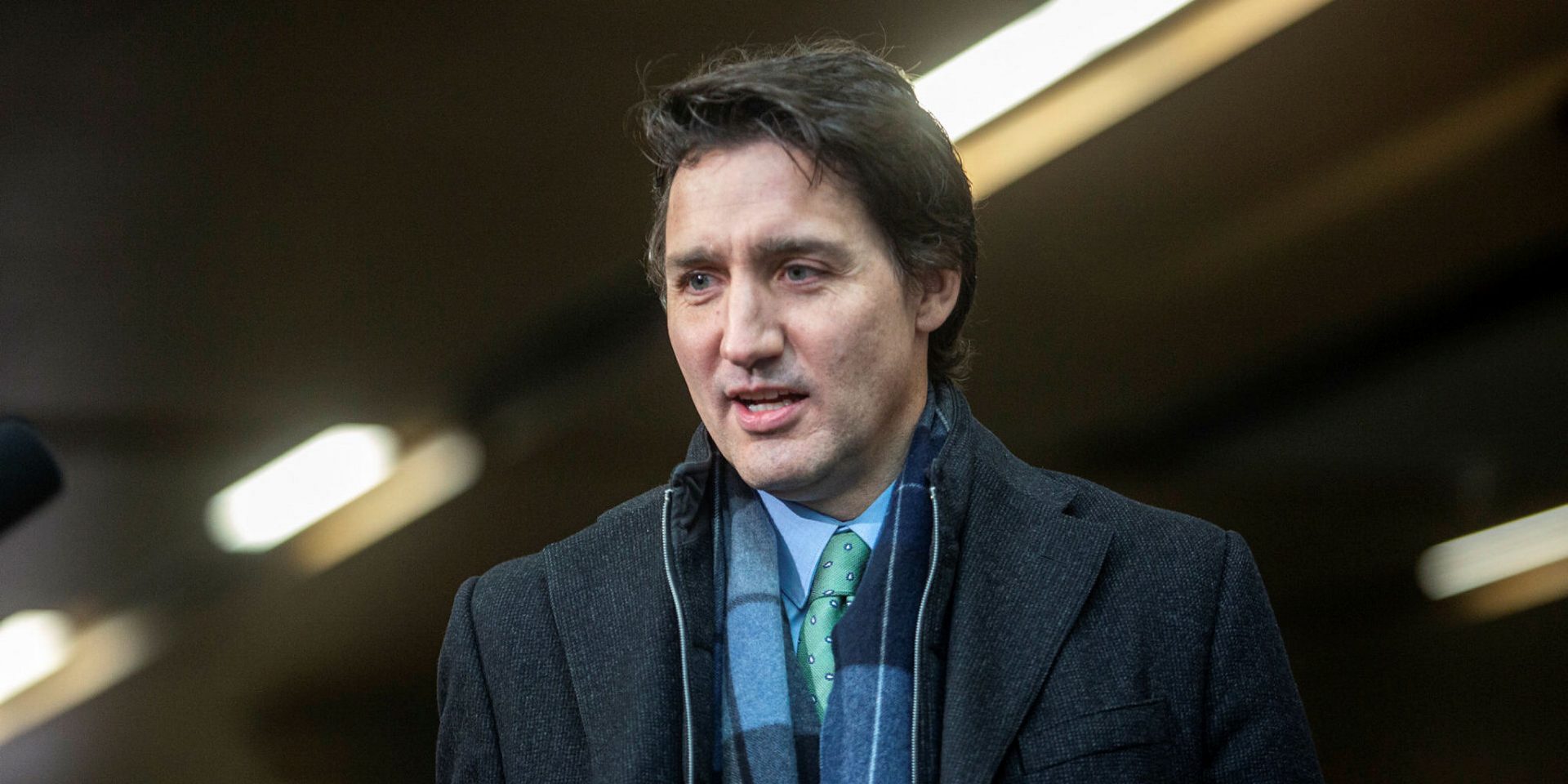
Outgoing Prime Minister Justin Trudeau’s near decade in government pushed the federal spending power “to its limit,” and pursued a shift in approach to federal-provincial relations that helped the Liberals “get the results” they wanted on key social policies, says a federalism expert.
Charles Breton, executive director of the Institute for Research on Public Policy’s Centre for Excellence on the Canadian Federation, said Trudeau’s (Papineau, Que.) tenure was characterized by “intense federal-provincial relations—but on very specific policy issues, not on big constitutional questions” that dominated previous eras.
Over nearly 10 years in office, the Liberals have attempted to expand federal policy impact across a broad range of new national social programs funded partly by Ottawa and delivered by the provinces—such as child care, pharmacare, dental care, and a school food program—as well as growing the Canada Health Transfer (CHT). It was all part of Trudeau’s steadily increasing use of the federal spending power: the process whereby Ottawa uses cash transfers to leverage influence in policy areas that otherwise fall within provincial jurisdiction.
The child-care deals—signed in 2021 and 2022, with British Columbia first and Ontario last to come on board—unlocked a key tool that became a hallmark of Trudeau’s approach: the use of bilateral agreements reached with one province at a time, rather than trying to secure all jurisdictions in one fell swoop. In 2023, that concept was used to advance new CHT agreements when long wait-times suddenly emerged as a hot political issue. That round of negotiations refined another key marker of Trudeau’s deals with the premiers: attaching strings to funding which required provinces to submit action plans describing how these objectives would be met before the dollars flowed.
Some programs, like dental care and the revamped CHT, have seen all provinces and territories sign on. For other programs, such as pharmacare, most deals remain outstanding.
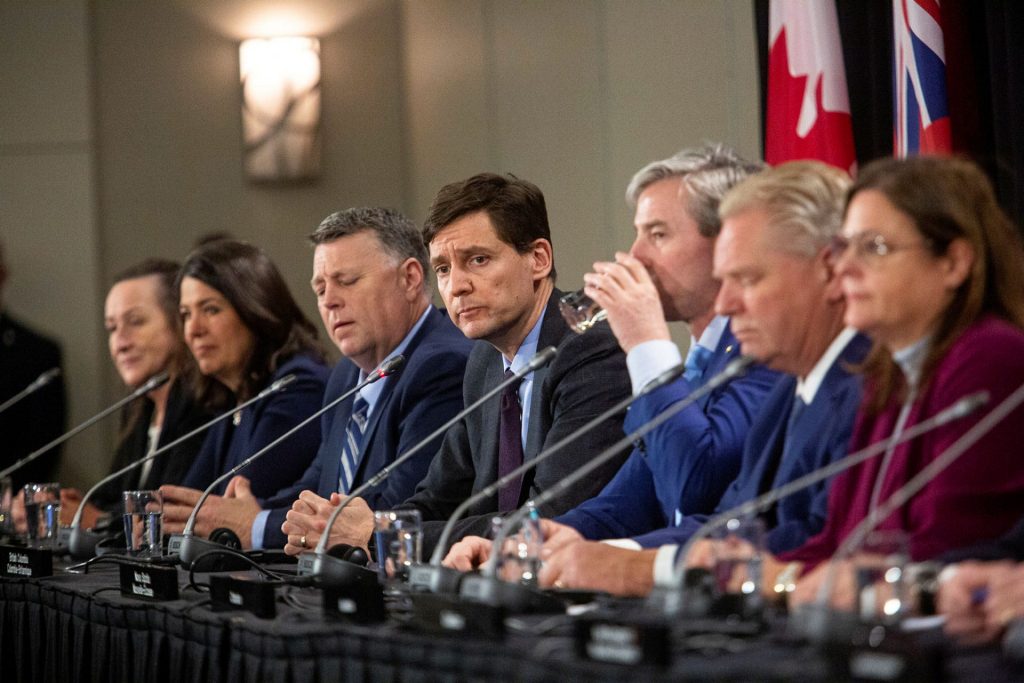
In Trudeau’s final days in his leadership, his government once again returned to this kind of federalism. On March 6, the prime minister announced new child-care agreements with 11 jurisdictions—all but Alberta and Saskatchewan—worth a combined $37-billion. The deals will run for five years, taking the child-care agreements into 2031, and increasing the base funding level by three per cent in 2027. To date, the program has suffered from issues such as long waitlists to access a child-care spaces. Trudeau said the funding boost would address that.
The Liberal government often framed tailored bilateral deals as a way to meet the unique needs of different regions of the country. However, as each CHT bilateral agreement rolled out one by one, the main text was nearly identical, save for precise dollar amounts. The subsequent action plans showed some variation but largely remained focused around a similar set of health-care objectives. That’s led to questions about whether the bilateral deals ultimately met unique local needs, or simply represented a strategy by Ottawa to move further into provincial jurisdiction by using the spending power.
“Their approach to it was very directive, and to some extent hierarchical, in the sense that they had priorities they wanted to move forward, had the financial resources to do so, and used it,” said Breton.
He said the Trudeau Liberals appeared motivated by having “a clear view of what they wanted to do in social policy.”

“They had to use the spending power because a lot of policies that you want to implement when you have a progressive agenda are in a provincial jurisdiction,” said Breton. “That’s the only way you can do it.”
He said this marked a departure from the approach taken to federal-provincial relations not only in the Stephen Harper era, but also under the Jean Chrétien and Paul Martin Liberals.
Under then-prime ministers Chrétien and Martin, “there were things that they wanted to see,” said Breton, but “the approach was to have a multilateral deal where everyone agreed on large principles and money coming in, with provinces kind of filling in the blanks.”
He said the phenomenon of Ottawa reviewing and signing off on an action plan before transferring funds to another level of government represents a very different kind of federalism.
“If you are truly a federalist, that’s not how it’s supposed to work, right?” said Breton. “The provinces are not supposed to submit an action plan to the federal government in the jurisdiction that is theirs.”
But the absence of big constitutional questions during Trudeau’s tenure—particularly around Quebec’s place in the federation—left space for this engagement with provinces on social programs. In particular, the rise of Premier François Legault’s Coalition Avenir de Quebec (CAQ) government—which broke the binary choice in Quebec politics between separatism and federalism by putting referendum proposals on the back burner—paved the way for a different focus between Ottawa and the provinces.
While there remained points of tension between Ottawa and Quebec City on cultural matters—like Bills 21 and 96 regarding secularism and language, respectively—when it came to Quebec sovereignty, the Trudeau government “did not have to think about it one second during all those years,” said Breton.
“That’s helpful because it frees up so much space to do other things, even internally in the machinery of the government,” he said.
‘Some strings-free cash’: former CAQ staffer
The Hill Times spoke with several former political staffers from different regions and parties. The Trudeau government’s approach to federalism was met with mixed views.
A former policy adviser in Quebec’s CAQ government, who spoke on a not-for-attribution basis in order to candidly offer their insights, said Quebec was happy to receive the cash that came from these deals.
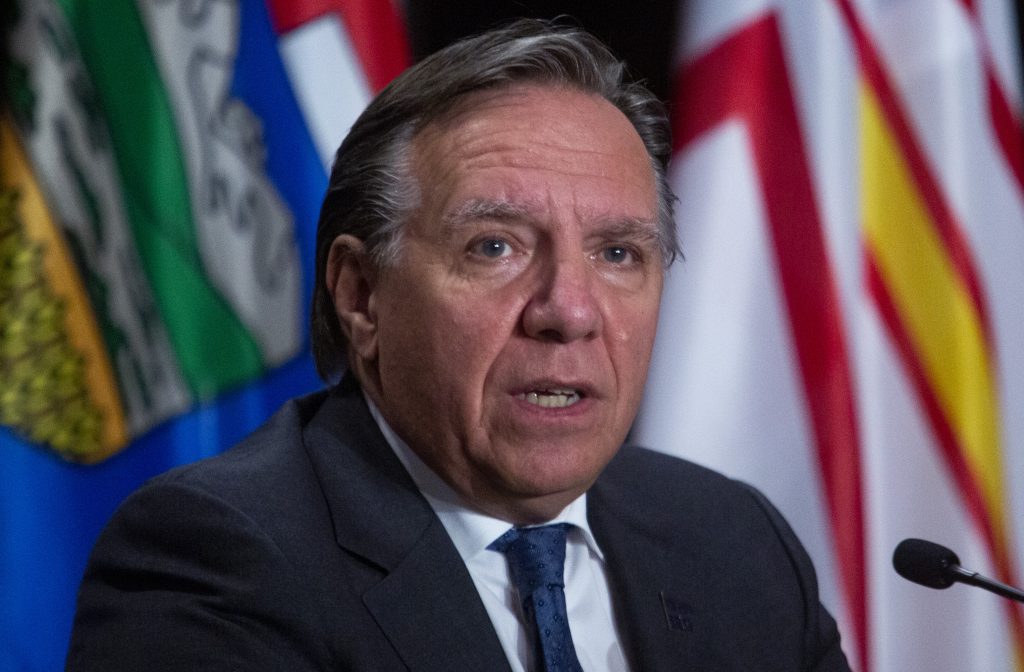
“It’s seen very positively because we know that it’ll end up being—in Quebec’s case—some strings-free cash,” said the former adviser.
Since many of the social programs Trudeau wanted to implement were already operating in Quebec, the former staffer said it was appealing to receive funding for a program that existed anyway, even if some public posturing indicated otherwise.
“When Trudeau had announced that they were going to invest in daycare, it was like, ‘Great, we’re going to be able to use that cash,’” said the former adviser. “That’s how it was viewed.”
“The whole ‘infringe on competency’ is very much a political tool,” they added. “At least in Quebec’s case, and at least in the government that I worked for.”
He said a “typical process” would see a federal minister announce a new program that “infringes theoretically on the competencies of the province.” Once that happens, “provinces lose their mind” publicly, and declare “we will defend our competency and our right to determine what’s best for Quebecers.” Meanwhile, at the negotiating table, “everything is finalized behind closed doors where the fine print of the deal basically just gives cash with the understanding that it will be broadly used, sort of, for the program that it was announced for, knowing that it already exists anyway.”
Quebec’s pre-existing programs made it more difficult for Ottawa to really enforce that the money was used the way the deal prescribed, said the former adviser. “In a sense, it’s just a transfer payment.”
Feds ‘lord’ fiscal capacity over provinces: Anderson
However, Bill Anderson—who previously worked in the office of then-Alberta PC premier Jim Prentice, and also as a Conservative staffer in Ottawa—said he viewed the Trudeau government’s approach to federalism as “entirely patronizing,” especially in its relationship with Western Canada.

“He couldn’t find very many political friends in any of those provinces,” said Anderson, who is now a vice-president with Crestview Strategy in its Edmonton office. “It was clear that he had an agenda, and it was going to implicate a lot of provincial authorities.”
Anderson said Trudeau is not seen as having taken a “constructive approach.”
“He spent a lot of time trying to offer Canadian voters carrots while he offered provincial leaders sticks,” said Anderson.
He said Ottawa’s extensive financial resources give it “leverage” in negotiations, but this raises questions about why the federal government had this much tax space to bring to the bargaining table.
“The further down you go in the orders of government—from provinces, to municipalities, to you name it—the ability to raise revenue is more difficult,” he said.
“The provinces rely on a lot of money from the federal government in order to run provincial health-care systems which they’re responsible for, and that kind of begs the question of why the transfer is required in the first place,” said Anderson.
“Maybe we need more equitable tax regimes, and maybe the federal government has too much money if it’s able to kind of lord it over provinces.”
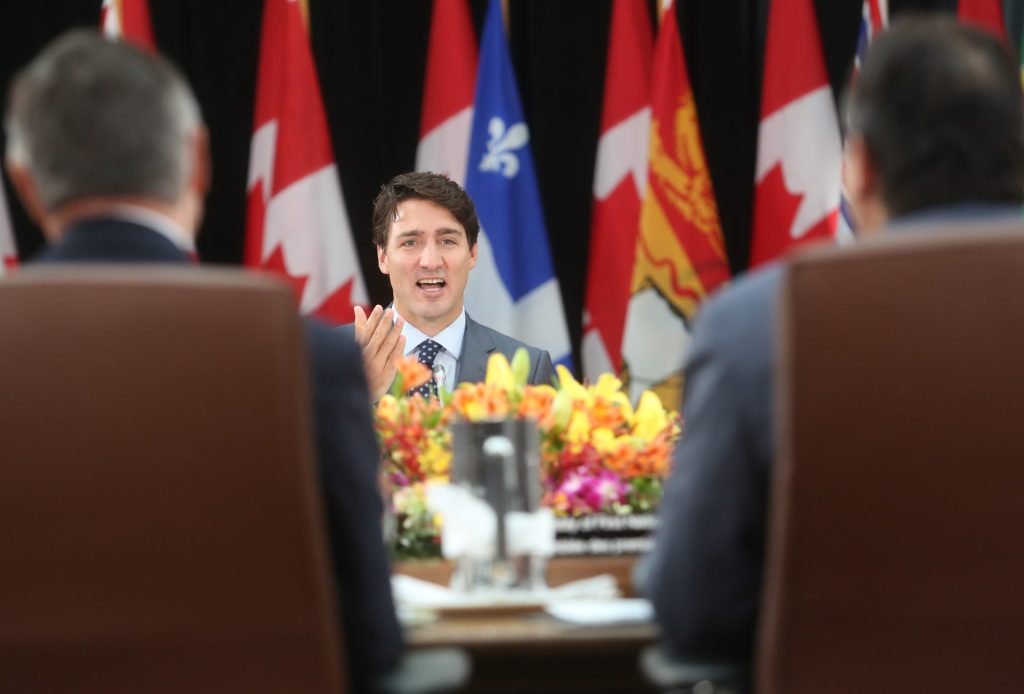
Provinces ‘accepted the money’: Palmeter
Former Liberal staffer Dale Palmeter—who previously served as principal secretary to a Nova Scotia premier, and also worked in Ottawa for then-Treasury Board president Scott Brison—said the Liberal bilateral deals represented an “intrusion” into provincial jurisdiction, but provinces showed they were willing to comply in exchange for the cash.

“Provinces, largely, I think, have accepted the money. And you could argue that provinces have done very well by this government,” said Palmeter, who is now a senior consultant in Crestview Strategy’s Halifax office.
“I’m not sure that they give credit to the Government of Canada in the way they should, considering how much money the Government of Canada has flowed to provincial coffers.”
He said it is possible to customize bilateral deals to a “limited” degree, but if a program has an “overarching objective” then it’s reasonable there would be only “moderate, slight differences province to province” in each tailored agreement.
He said the Trudeau government’s preference to tie strings to funding was a response to the pitfalls experienced by Martin, whose 2004 health-care accord—billed as the “fix for a generation”—did not attach conditions. This meant many provinces didn’t use the money as Martin intended, and the impact of the new funding was limited.
In fact, Palmeter said the Trudeau government’s mistake may have been that it didn’t require enough in return for the scale of funding it delivered in the past decade.
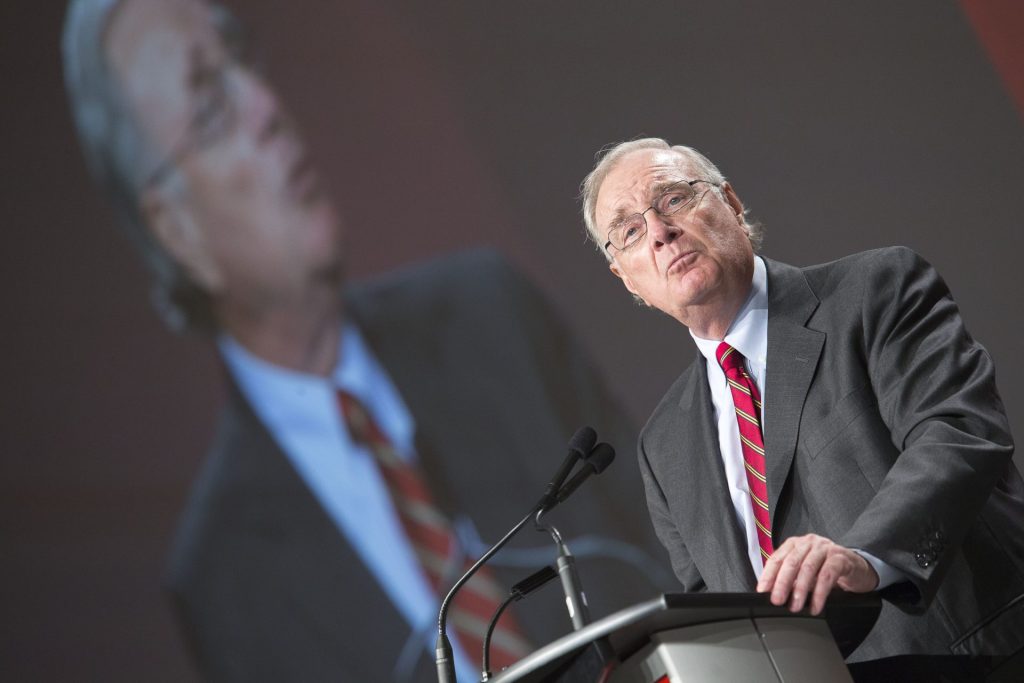
“Where I think the government has failed is they didn’t extract other outcomes in exchange,” said Palmeter.
For example, he said the longstanding complications from internal trade barriers—now a hot political issue—is something the federal government could have motivated provinces to move on years ago, long before the actions of U.S. President Donald Trump put it on the agenda.
“This is a problem that needed fixing … and a federal government could easily have said to provinces, ‘Well, we’re going to launch this [social program], but in return you’re going to do this,” he said. “That’s where I think the government actually failed.”
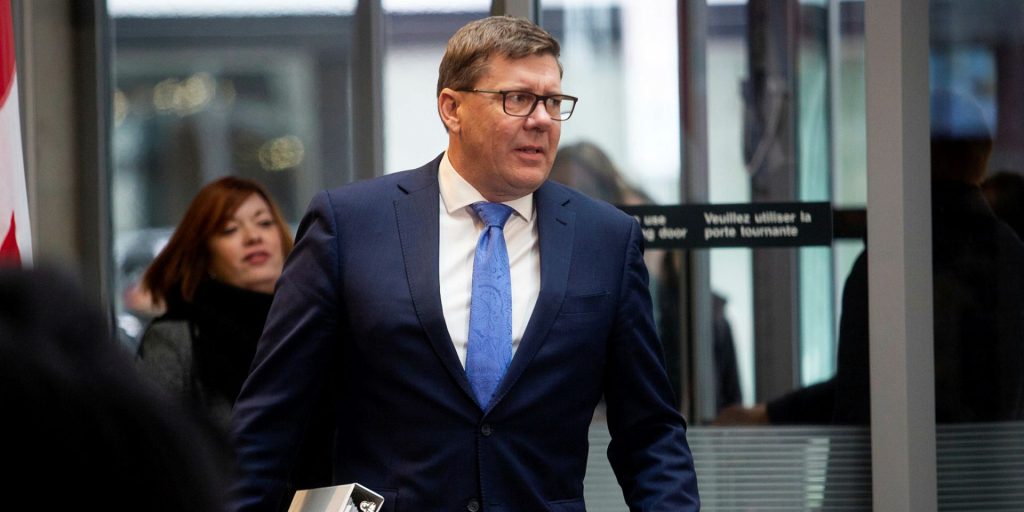
Trudeau wielded ‘power of the purse’: Holmstrom
Former NDP staffer Cam Holmstrom said the Trudeau government “managed to achieve some interesting things” across a range of social programs.

However, Trudeau was able to do this primarily because “he could bring money to the table,” rather than forming strong relationships with premiers, particularly in Western provinces, he said.
“The power of the purse” proved to be greater, said Holmstrom, founder and principal at Niipaawi Strategies. For all their “bluster,” even premiers like Scott Moe of Saskatchewan and then-Alberta premier Jason Kenney “couldn’t say no to the child-care money.”
Holmstrom said many of the deals struck during the Trudeau minority governments may not have come about without NDP pressure.
“For the guys who were all about deliverology at the start … Mr. Trudeau’s government has been terrible about delivering on policy,” said Holmstrom. “Where they actually delivered … the NDP has forced them.”
Federal spending power a ‘tool’ not a ‘weapon’: Cullen
The Prime Minister’s Office did not reply to multiple requests for comment from The Hill Times.
Former Liberal staffer Olivier Cullen, who served in the offices of multiple cabinet ministers in the Trudeau government, said Trudeau put “an extremely positive lens” on intergovernmental affairs “rooted in collaboration,” a tone he set by quickly calling a first ministers meeting after becoming prime minister.
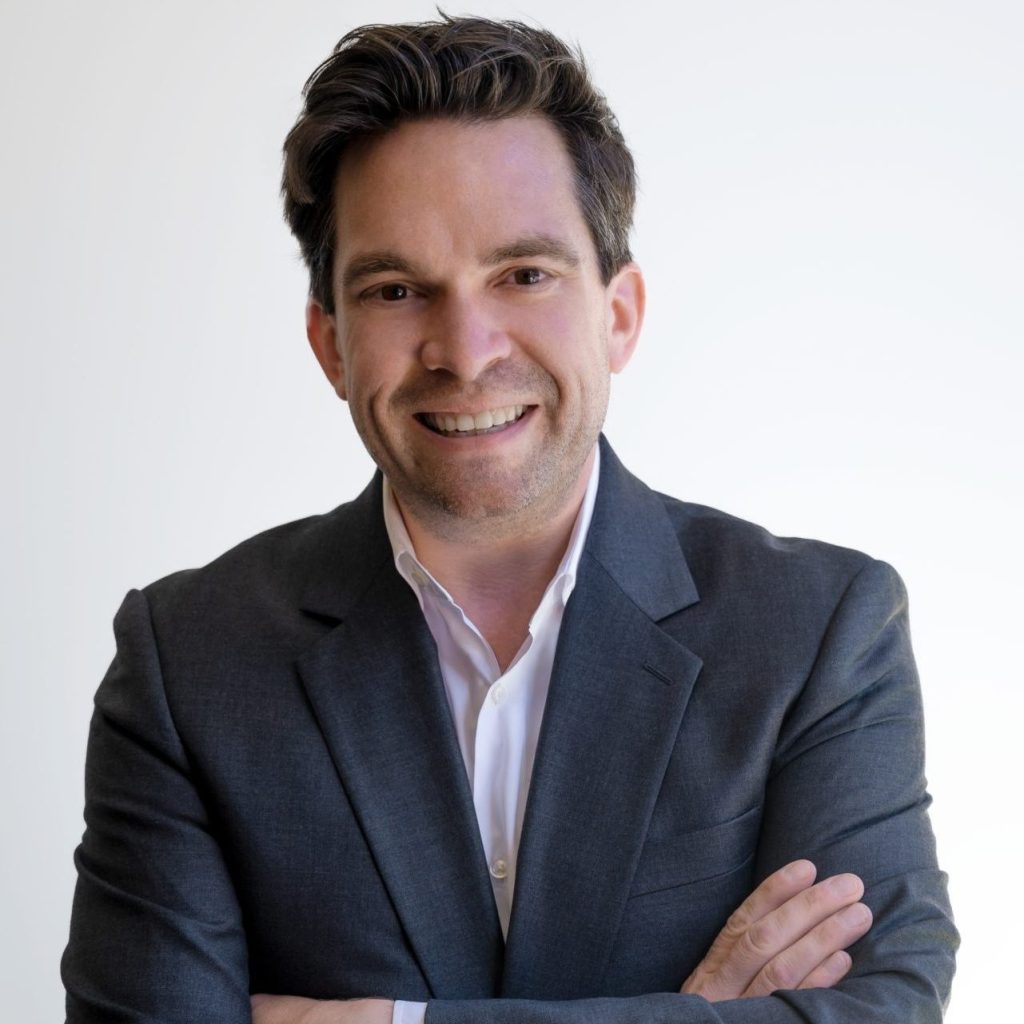
Cullen, who is now a director at Blackbird Strategies, described this as a break from the Harper years, which he said were characterized by Ottawa having “abandoned” collaboration with the provinces and territories.
He pushed back on the suggestion that Trudeau’s social policy interventions constituted an intrusion into provincial jurisdiction.
The federal spending power “is a tool. It’s not a weapon,” said Cullen.
“We’re not weaponizing federal spending and forcing provinces into unfair situations,” he said. “We’re using federal spending to help Canadians, and under Trudeau it’s been used to respect and empower provinces while ensuring there is national equity.”
Perceptions of some programs the government introduced late in its mandate may have initially been coloured by the national mood towards the Liberal government at that time, said Cullen, but may be viewed more favourably in the future.
“It’s hard to look at something like federal spending in a climate of confrontation,” said Cullen. “We will look back on these programs … [and] see how positive these changes were.”
He said Trudeau’s approach may influence the way future governments handle this aspect of Ottawa’s relationship with the provinces—even if a Conservative government were to come to power under Leader Pierre Poilievre (Carleton, Ont.) later this year.
“If you go back to Harper, the alternative is leaving provinces to simply fend for themselves,” said Cullen. “I can’t see Mr. Poilievre coming in and taking the book that Stephen Harper wrote … I do sincerely hope that he looks at what Justin Trudeau was able to do.”
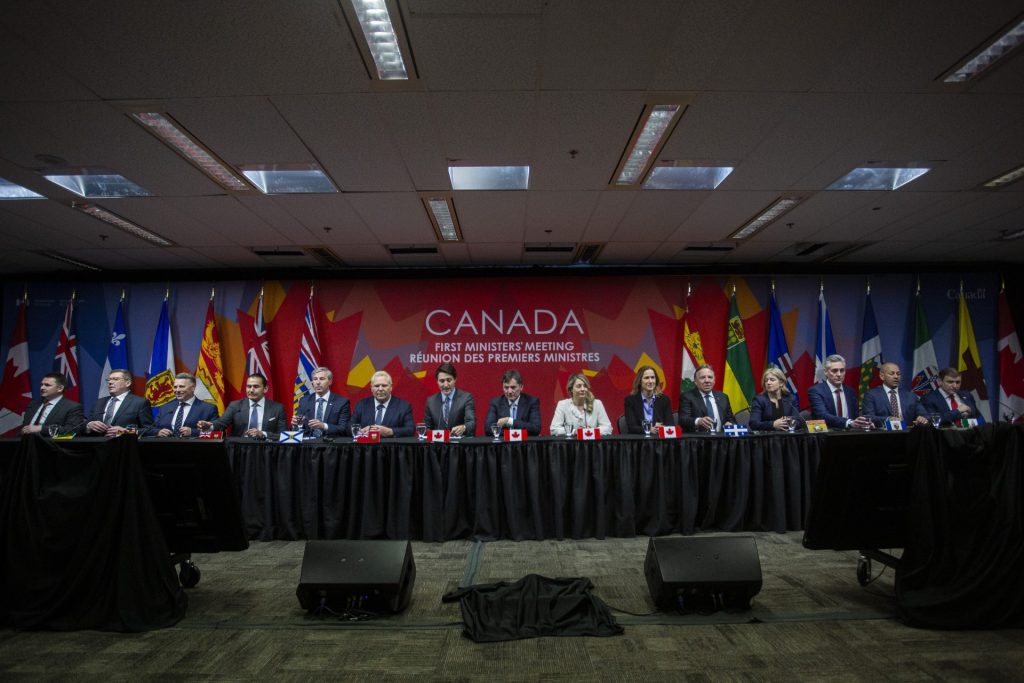
However, Breton said centralization in the Canadian federation moves like “a pendulum,” and “when it swings too far one way, it comes back the other way.”
“Whoever becomes the next prime minister, even if it’s a Liberal one, I don’t think we will see that level of use of the spending power, especially on social policies,” said Breton.
He said this is driven by several factors. There’s simply fewer dollars in the cupboard after an intense era of spending. There’s political and bureaucratic “fatigue” in Ottawa and the provincial capitals from multiple rounds of complex funding negotiations. Finally, the political climate is shifting the federal government back towards its more traditional responsibilities like defence and foreign affairs. That could move the conversation at the first ministers table from discussing highly specific policy topics like social programs, back to some of the bigger picture narratives that have dominated past eras of federal-provincial relations.
“What’s happening with the U.S. right now puts us in a situation where we’re going to ask questions about what Canada is, and should do in 25 years,” said Breton. “I think it is making us have to have those bigger conversation about what the country is, and what it means to be Canadian.”
icampbell@hilltimes.com
The Hill Times






 LICENSING
LICENSING PODCAST
PODCAST ALERTS
ALERTS













